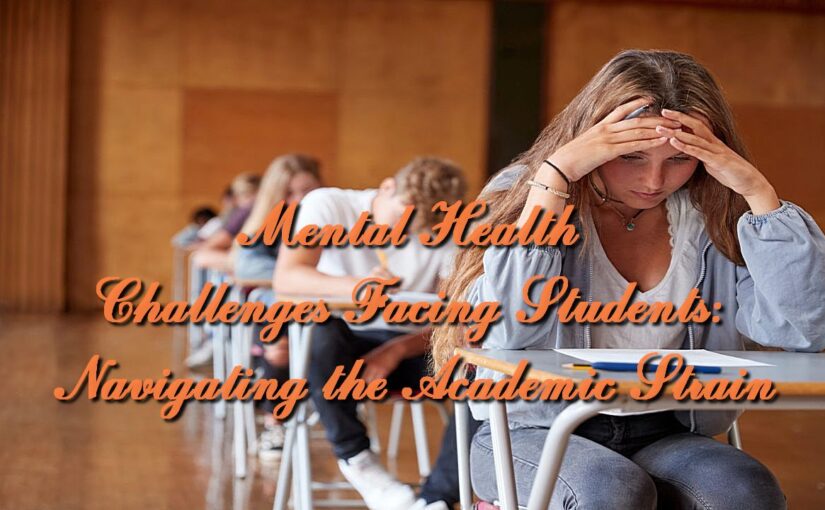The academic journey is a transformative period for students, marked by intellectual growth and self-discovery. However, this journey is not without its challenges, and increasingly, mental health concerns are at the forefront. If you feel like you can’t handle the strain anymore, seek New York mental health services for women and men. This article explores the multifaceted mental health challenges that students encounter, highlighting the need for awareness, support, and proactive measures.
Academic Pressure and Performance Anxiety

One of the foremost challenges faced by students is the pervasive academic pressure, often accompanied by performance anxiety. The educational landscape, characterized by competitiveness and high expectations, can create a stressful environment. Students find themselves grappling with the fear of failure, imposter syndrome, and the constant need to meet or exceed academic standards. These pressures can take a toll on mental health, leading to anxiety disorders and adversely affecting overall well-being.
Social Isolation and Loneliness
The transition from high school to college or university can be isolating for many students, particularly those away from their familiar support systems. Social isolation and loneliness are prevalent issues impacting mental health significantly. Difficulty in forming meaningful connections and the absence of a robust social network contribute to heightened stress and emotional challenges. Building a sense of community and fostering social connections is vital to mitigating these mental health concerns.
Financial Strain and Mental Health

Financial strain is a significant contributor to mental health challenges among students. The cost of education, coupled with living expenses, can create a substantial financial burden. Juggling part-time work, managing student loans, and meeting daily needs exacerbate stress levels. Financial worries can lead to anxiety and, in severe cases, depression. Addressing financial challenges through financial education, support services, and affordable education options is crucial for promoting better mental well-being.
Uncertain Future and Career Anxiety
The ambiguity surrounding future career paths is a substantial source of anxiety for students. The pressure to choose the right major, secure internships, and navigate the competitive job market can be overwhelming. Career anxiety not only affects academic performance but also takes a toll on mental health, fostering self-doubt and fear of the unknown. Career counseling, mentorship programs, and realistic expectations can help students navigate these uncertainties more effectively.
Lack of Mental Health Support Services
Despite growing awareness of mental health issues, many educational institutions struggle to provide adequate support services. Long waiting times for counseling, limited resources, and the stigma associated with seeking help hinder students from accessing the assistance they need. Prioritizing mental health services on campuses, normalizing mental health discussions, and fostering a culture of support are essential steps in addressing and alleviating these challenges.
In conclusion, students confront a myriad of mental health challenges during their academic journey. From academic pressures and social isolation to financial strain and career anxiety, these challenges require comprehensive solutions. Institutions must prioritize mental health awareness and support services, creating an environment that fosters both academic excellence and emotional well-being. By acknowledging and actively addressing these challenges, we can work towards cultivating a positive and supportive educational experience for students.

